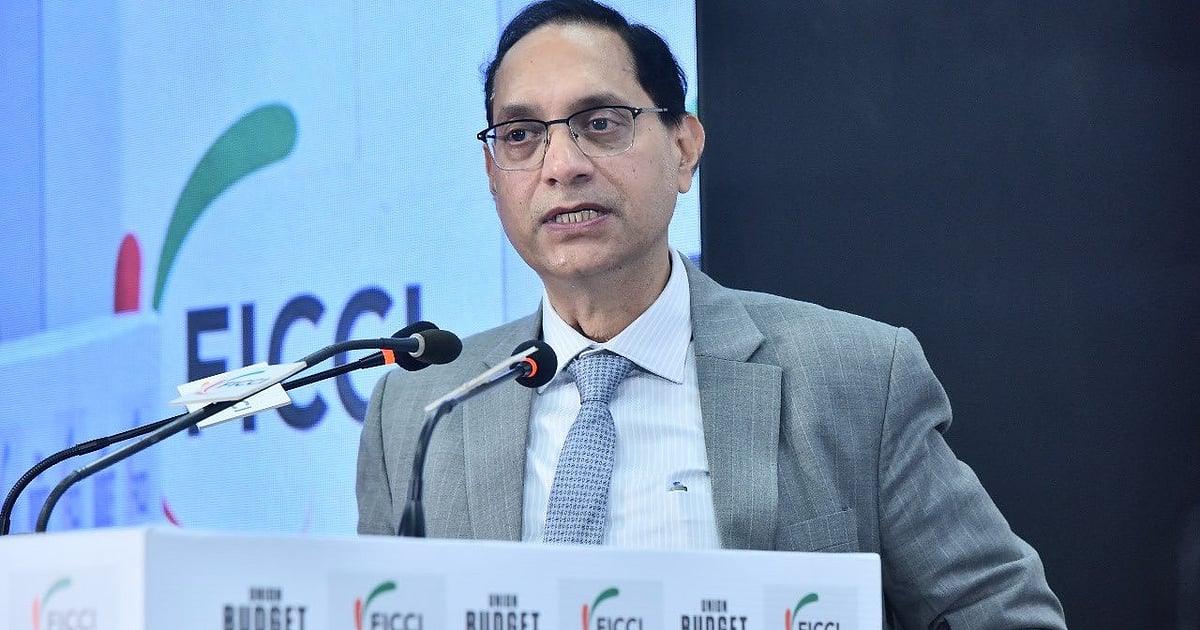At the 18th Corporate Governance Summit hosted by the Confederation of Indian Industries in Mumbai, Tuhin Kanta Pandey, the Chairman of the Securities and Exchange Board of India (SEBI), emphasized the critical role of public interest over commercial motives. His remarks came on the heels of SEBI’s ongoing review of the National Stock Exchange (NSE)‘s application to initiate its Initial Public Offering (IPO). Pandey’s insights underline the regulator’s commitment to maintaining a balance between market innovation and trust.
Striking the Right Balance in Regulation
Pandey articulated the need for a harmonious relationship between regulation and business facilitation. He cautioned against the pitfalls of both excessive and insufficient regulation, stating that "too much regulation stifles innovation, while too little erodes trust." This perspective stresses the importance of optimal regulation, focusing on essential measures while discarding unnecessary ones.
- SEBI’s Initiatives:
- Introduction of a single filing system to streamline processes.
- Reduction of paperwork requirements for companies.
- Allowing digital platforms to replace traditional newspaper advertisements for financial disclosures.
- Extended timelines for board meeting outcomes and litigation updates to enhance efficiency.
The Impact of Governance Failures
During his address, Pandey highlighted the broader implications of governance failures in large corporations. He noted that such failures can lead to significant repercussions across financial markets and the economy at large. "Preventing governance failures is vital for maintaining financial stability," he explained.
To foster a culture of responsibility, SEBI mandates robust disclosure practices, well-structured boards, and vigilant oversight mechanisms. "These initiatives aim to cultivate a self-regulating atmosphere that promotes ethical behavior within corporations," he added.
Proactive Boards for Responsible Governance
Pandey called on corporate boards to adopt a more proactive stance, urging them to confront challenging questions rather than sticking to routine matters. He stressed the importance of integrity among auditors and independent directors, who must uphold the seriousness of their roles.
SEBI’s approach to governance is rooted in fundamental principles rather than mere rules. According to Pandey, "It’s about doing the right thing for the right reasons, asking pertinent questions, and maintaining an independent perspective." He encouraged boards to exercise sound judgment and avoid the perils of groupthink.
Corporate Governance: A Matter of Conscience
In conclusion, Pandey asserted that corporate governance transcends regulatory compliance; it is fundamentally an ethical responsibility. He affirmed SEBI’s commitment to elevating governance standards while emphasizing that true transformation must originate from within corporate cultures and boardrooms.
As the landscape of corporate governance continues to evolve, SEBI remains dedicated to fostering an environment where ethical practices can thrive, ensuring a stable and trustworthy market for all stakeholders.
For more insights on corporate governance and regulatory updates, explore related articles on SEBI’s recent initiatives and the importance of ethical business practices.











